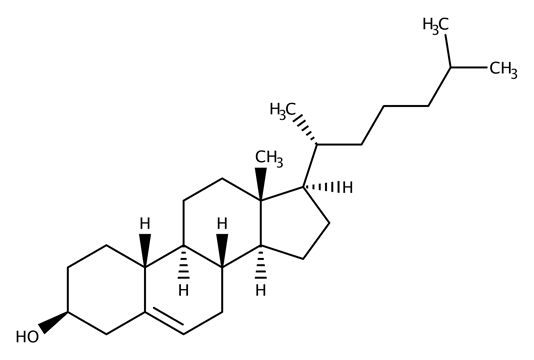Important Blood Tests in Relation to the Heart
Important Blood Tests in Relation to the Heart
Here are some important blood tests in relation to the heart. Normal ranges of some of these tests may vary between labs.

Cholesterol is a type of fat found in the blood. Fat build up in the blood vessels is an important cause of development of blocks in blood vessels.

Desirable value of total cholesterol in blood is less than 200 milligrams per deciliter. Triglycerides is another type of fat found in the blood. Desirable value is less than 150 milligrams per deciliter. HDL cholesterol or high density lipoprotein cholesterol is called good cholesterol as it transports fat away from the blood vessels. It is nice to have HDL cholesterol above 60 milligrams per deciliter. Higher values of HDL cholesterol are better for you. LDL cholesterol or low density lipoprotein cholesterol is called bad cholesterol. Excess LDL cholesterol in blood can lead to build up of fat inside the blood vessels and lead to stroke and heart attack. LDL levels can be reduced by diet control, regular exercise and medications if needed. Generally, the desirable LDL level is below 100 milligrams per deciliter, though lower values are recommended for those with blocks in the blood vessels. VLDL cholesterol or very low density lipoprotein cholesterol is another form of bad cholesterol.

Creatine phosphokinase –MB (CPK-MB) is a cardiac marker used for the diagnosis of a heart attack. It is an enzyme released from the heart after damage. Cardiac troponins are proteins released from heart muscle after damage. It is the most important blood test used for detection of a heart attack.
BNP and NT-ProBNP are blood tests used for detection of heart failure in the emergency department.
C-reactive protein or CRP is a predictor for risk of heart disease. Risk increases as the value rises.
Elevated Antistreptolysin O (ASO) titer indicates recent infection by streptococcus, a bacteria which causes sore throat. It is a supportive test in the diagnosis of rheumatic fever, a disease which can involve heart valves. But associated clinical evidence is needed for the diagnosis of rheumatic fever.



